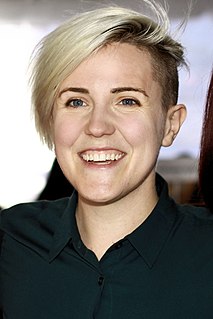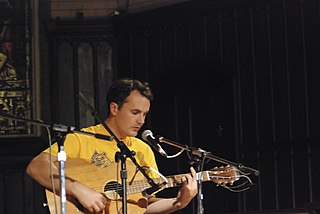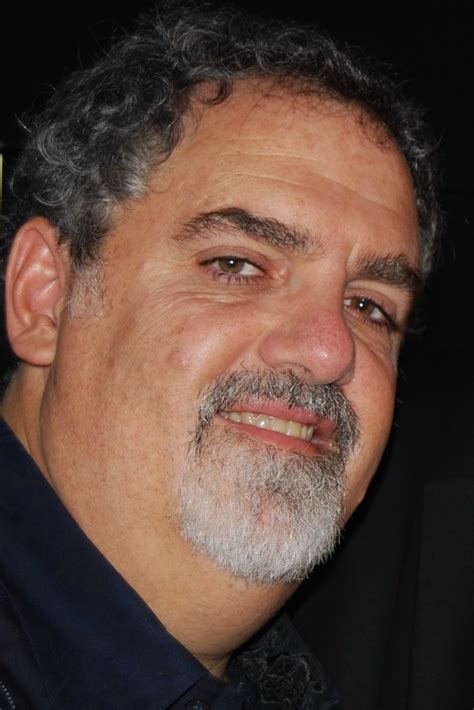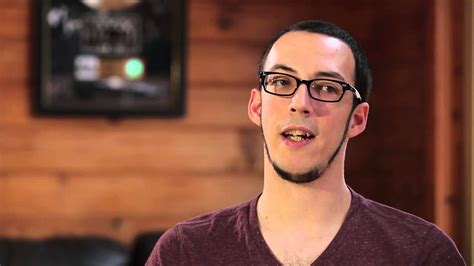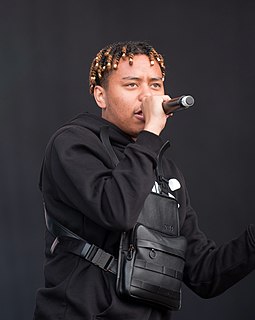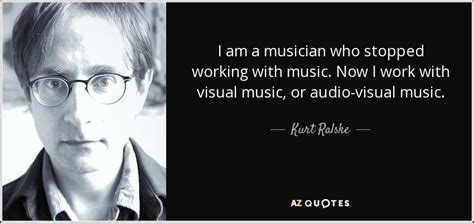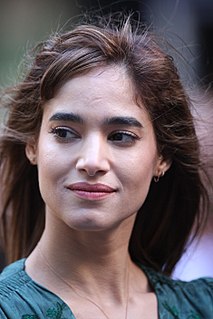A Quote by Jeffrey Zeldman
There could be no filmmaking without industrywide agreement on frame rates, lenses, and audio recording equipment.
Related Quotes
The modern recording studio, with its well-trained engineers, 24-track machines and shiny new recording consoles, encourages the artist to get involved with sound. And there have always been artists who could make the equipment serve their needs in a highly personal way - I would single out the Beatles, Phil Spector, the Beach Boys and Thom Bell.
I noticed a lot of bands always having a few people in the band being interested in recording and audio production, so I got the idea to create products that would appeal to them. Rather than create tools that only engineers could understand, I designed tools that any musician could use and get instant great sounding results.
WARNING: The following is a transcript of a digital recording. In certain places, the audio quality was poor, so some words and phrases represent the author's best guesses. Where possible, illustrations of important symbols mentioned in the recording have been added. Background noises such as scuffling, hitting, and cursing by the two speakers have not been transcribed The author makes no claims for the authenticity of the recording. It seems impossible that the two young narrators are telling the truth, but you, the reader, must decide for yourself.
I was recording my audiobook, and it's so weird. You write things, but then to have to say them out loud in front of people feels so different. So when I was recording my audiobook, I was telling an embarrassing story in front of, like, a room full of audio-tech people that I don't know, and I was like 'Oh my God, this is so cringe.'
My filmmaking education consisted of finding out what filmmakers I liked were watching, then seeing those films. I learned the technical stuff from books and magazines, and with the new technology you can watch entire movies accompanied by audio commentary from the director. You can learn more from John Sturges' audio track on the 'Bad Day at Black Rock' laserdisc than you can in 20 years of film school. Film school is a complete con, because the information is there if you want it.
I was a musician who began playing with computers, to see if they could make some tasks simpler. I developed some "tricks" or strategies for working with audio files, and then discovered that the same tricks could be applied to video files, or really, any type of data. Previously I made many different kinds of music. I did some work as a composer of film scores. In that role, my task was to create audio to match and deepen the visual. In my work now, the role is often reversed: I have to create images to match and deepen the audio.

